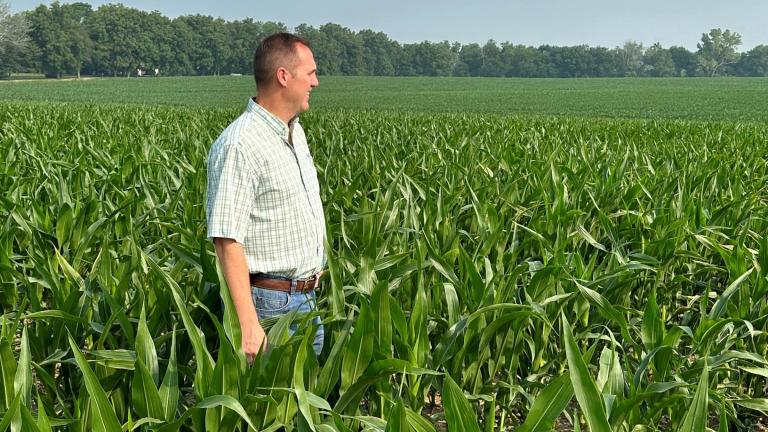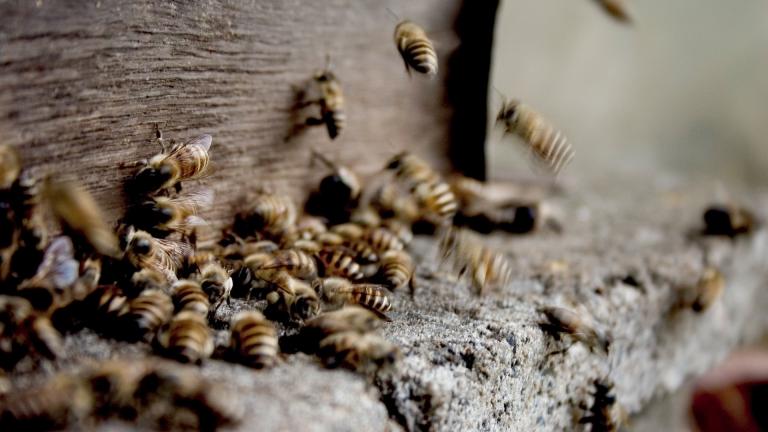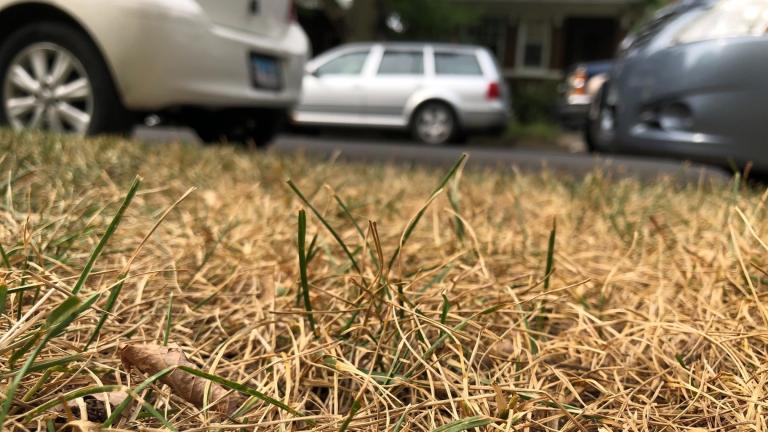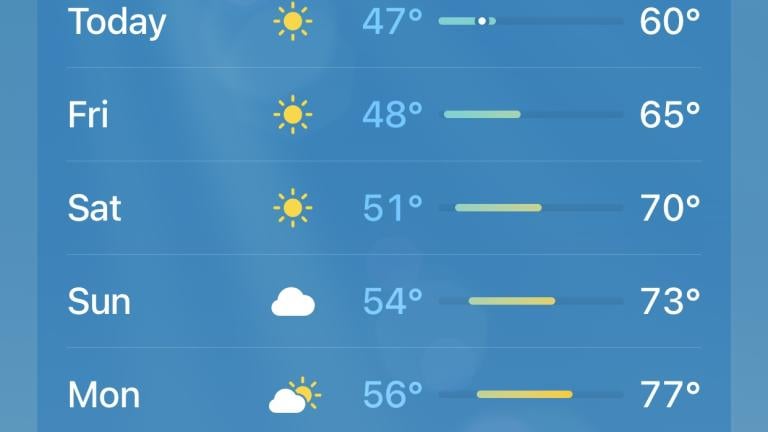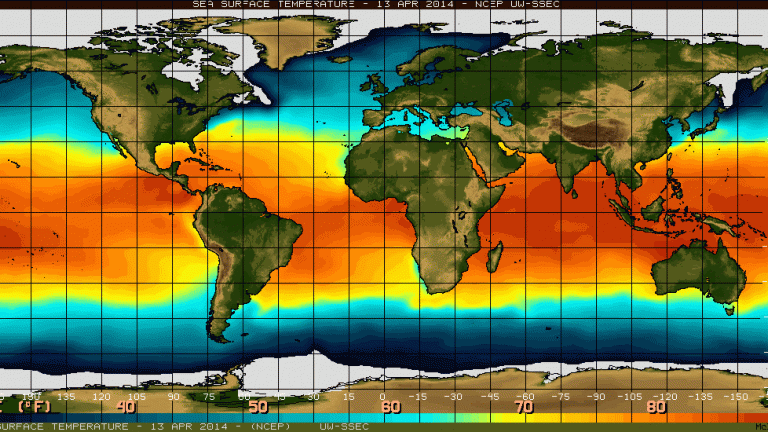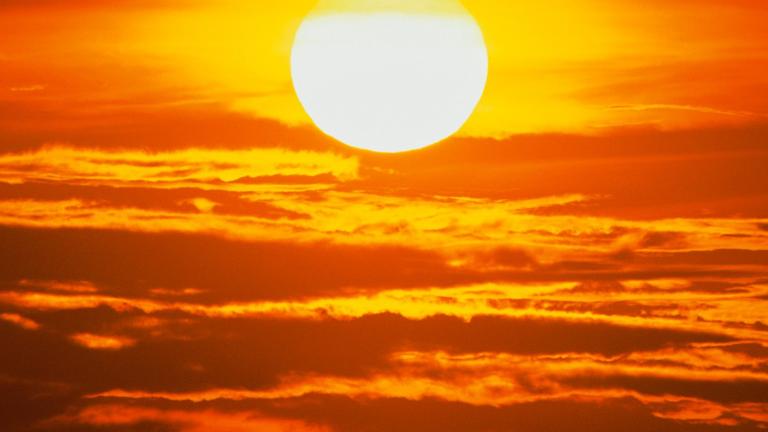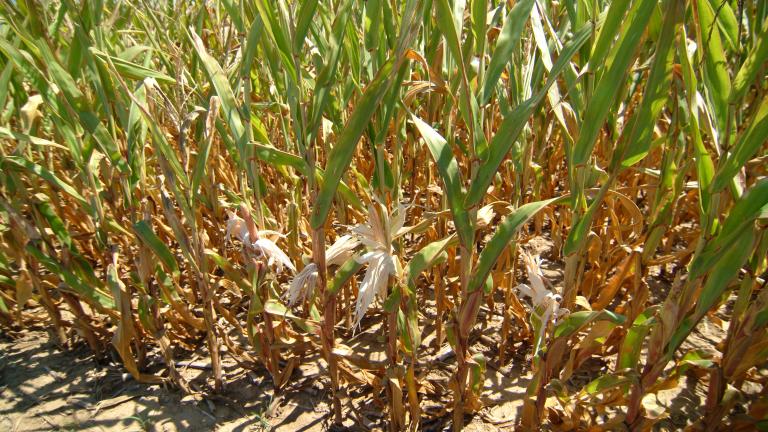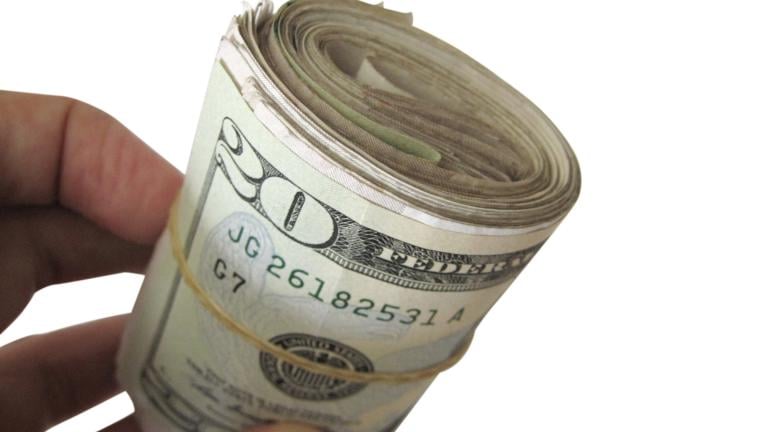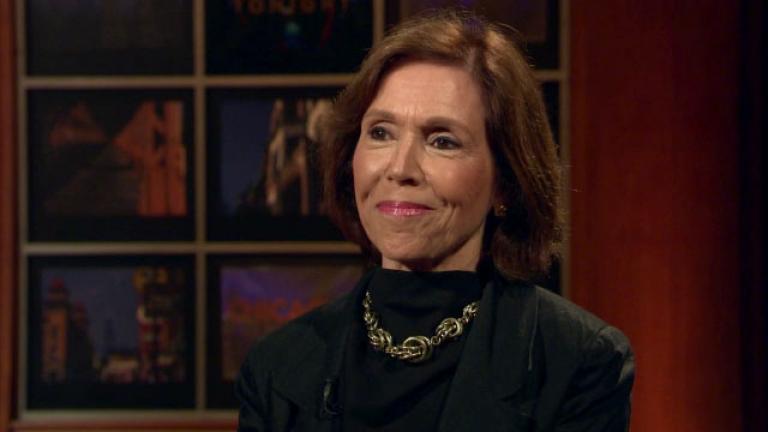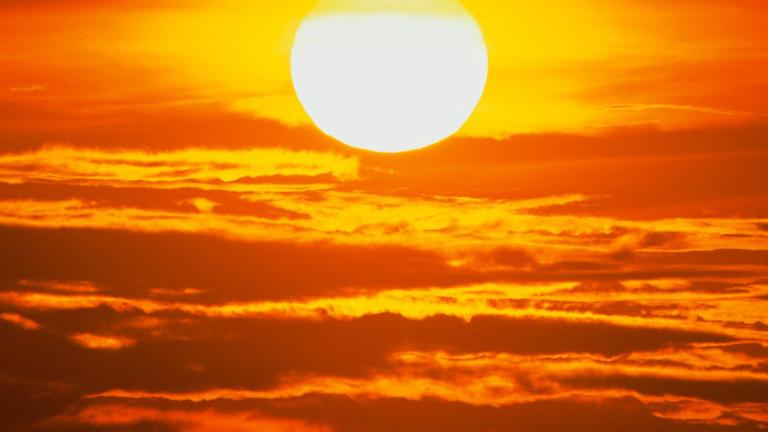Experts say the drought in the central U.S. is the worst since at least 2012, and in some areas, is drawing comparisons to the 1988 drought that devastated corn, wheat and soybean crops.
Drought
Thousands of bees settled in Daley Plaza this week, but the prize for craziest infestation goes to tiny Elko, Nev., which has been overrun by millions of crickets.
According to the National Weather Service, conditions continue to deteriorate across Northeast Illinois, with the Chicago metro area experiencing the most significant rainfall deficits.
When it comes to alleviating the impacts of climate change, trees have been promoted as the ultimate “green infrastructure.” But trees are living organisms, and they can be sensitive to some of the same climate stressors as people. But just how sensitive?
State climatologist Trent Ford said conditions aren't alarming, yet, but if June isn't signficantly wetter than May, there's cause for concern.
Chicago has recorded less than half an inch of rain in May, leading to what climate experts call a flash drought.
The recent heat wave, coupled with lower than normal precipitation, has produced conditions ripe for what’s known as a “flash drought” in the Chicago area.
Scientists are forecasting that El Niño – a weather pattern that brings warmer than average temperatures to the U.S. – will likely develop later this year. We discuss what El Niño means for Chicago’s upcoming seasons with Paul Sirvatka, professor of meteorology at the College of DuPage. Read an interview.
Warm air and lake temperatures, along with a severe drought, have led to the low water levels in Lake Michigan and Lake Huron. Elizabeth Brackett reports on the impact of those low water levels on the communities that surround the Great Lakes.
From the historic summer drought to today’s surprisingly mild winter, Illinois has experienced some extreme weather patterns this year. Our panel of experts dissects what this means for the future.
Farmers and scientists say this year's corn yield will be the lowest in more than a decade. We take a look at how genetic engineering may have tempered the effects of this year's drought.
Federal Reserve Chairman Ben Bernanke predicts job growth will be frustratingly slow, and calls on Congress to change course. Elizabeth Brackett and her panel have more.
Corn prices soar as the worst drought in decades continues to afflict the Midwest. Kris Kridel of WBBM Newsradio 780 and 105.9FM has that story, and more top business headlines.
Rain levels are extremely low for this time of year. Ash-har Quraishi talks with Tom Skilling about how severe the Illinois drought is, and what to do about it.

